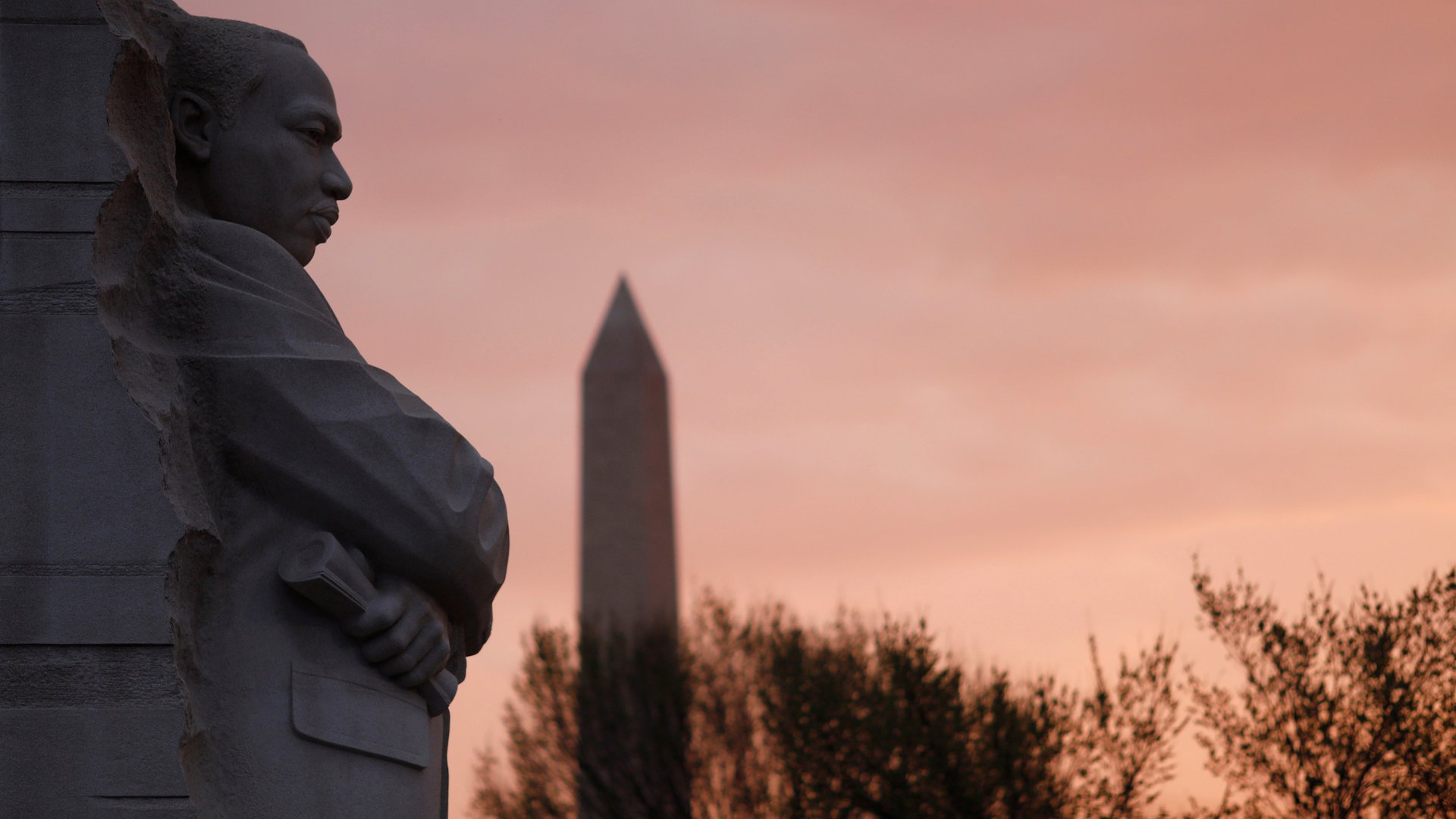Martin Luther King’s abundance mentality matters today more than ever
Ninety years ago, on Jan. 15, 1929, Michael King, Jr. was born in Atlanta, Georgia. He would grow up to become the great peace and civil rights activists known as the reverend Dr. Martin Luther King, Jr., a man who fought nonviolently for racial and economic equality.


Ninety years ago, on Jan. 15, 1929, Michael King, Jr. was born in Atlanta, Georgia. He would grow up to become the great peace and civil rights activists known as the reverend Dr. Martin Luther King, Jr., a man who fought nonviolently for racial and economic equality.
King always advocated for generosity of spirit. American law and custom threw countless practical obstacles in the way of African-Americans actually experiencing the national abundance, but still King preached vehemently against a scarcity mentality. He spoke not only on behalf of black people but for all those who, by virtue of their economic class and social status, struggled to survive in the world’s wealthiest nation.
Before his assassination in 1968, King was formulating a plan that today might go by the name “universal basic income.” He was working on a radical program to eradicate poverty, called “The Poor People’s Campaign,” which aimed to change the structure of society itself, ensuring the indigent could do more than barely survive, but actually thrive. In his 1967 book Where Do We Go From Here: Chaos or Community?, King wrote:
The contemporary tendency in our society is to base our distribution on scarcity, which has vanished, and to compress our abundance into the overfed mouths of the middle and upper classes until they gag with superfluity. If democracy is to have breadth of meaning, it is necessary to adjust this inequity. It is not only moral, but it is also intelligent. We are wasting and degrading human life by clinging to archaic thinking.
Unfortunately, King’s dream of racial and economic equality has yet to become a reality. Indeed, income inequality not only persists but continues to disproportionately affect black families. The “overfed mouths,” as he put it, keep eating more and more while marginalized communities barely get by. And this disparity is only emphasized by, and worsening with, the latest US government shutdown, which has a disproportionate impact on black workers.
Since 1941, when president Franklin D. Roosevelt signed executive order 8802, banning race discrimination in the defense industry, the federal government has been at the forefront of employment equality. But because of the nation’s history of slavery and racism, black families—even those who have enjoyed the relative stability of government work and salaries—have significantly less wealth than white families, or $5 for every $100, according to the Census Bureau (paywall). When black workers don’t get paid, they have far less savings and assets to rely upon. The people in their networks are similarly situated, meaning fewer friends and families to turn for help.
As Jamiles Lartey, a reporter at The Guardian, explains to NPR, there’s both a negative short-term and long-term effect. Federal workers who are barely treading water are accumulating debt, and this inhibits their ability to get ahead in the future. “[The shutdown is] affecting folks’ financial stability, it’s affecting their morale, and it’s disproportionately affecting black workers,” he said.
King would have understood the gravity of the situation. In his last Sunday sermon, given in 1968, he said, “We read one day: We hold these truths to be self-evident, that all men are created equal, that they are endowed by their creator with certain inalienable rights. If a man doesn’t have a job or an income, he has neither life nor liberty nor the possibility for the pursuit of happiness.”
The pursuit of happiness still eludes many Americans, as well as those who dream of making a life here. This year, on MLK Day—January 21—King’s memory will be celebrated around the US. But in his hometown, the government shutdown will mar the festivities, and not only for those who are out of work and a paycheck. The urban national park that honors the Nobel Prize-winning activist is officially closed because president Donald Trump didn’t get a $5 billion budget to build a border wall intended to keep out poor immigrants.
There is no question that King would have disapproved of the shutdown for many reasons. For one, there is little doubt that the activist had a global worldview and recognized the dignity of all humans, whatever their race, creed, color, or national origin. The movement he led was inspired by Mahatma Gandhi’s nonviolent protests in India. He befriended the Vietnamese Buddhist monk and peace activist Thich Nhat Hanh, bonding over a dream to build a peaceful world community. As King noted when accepting the Nobel Prize for peace in 1964, “Today I come to Oslo as a trustee, inspired and with renewed dedication to humanity. I accept this prize on behalf of all men who love peace and brotherhood.”
Surely then, the activist would have opposed the building of a wall to keep immigrants out of a nation of immigrants and spoken up against a government shutdown that leaves federal workers in dire straits, accepting donations instead of earning their paychecks. While there is some debate about King’s take on undocumented immigration, as he didn’t address the matter directly while alive, there is no question that he believed the US was a land of plenty, with more than enough wealth for everyone, and that welcoming strangers is far less dangerous than closing our borders, minds, and hearts.
In 1967, King said, “I think it is necessary for us to realize that we have moved from the era of civil rights to the era of human rights…[W]hen we see that there must be a radical redistribution of economic and political power.” Perhaps in 2019, we will move closer to making this dream come true. As the activist contended, “The time has come for us to civilize ourselves.”